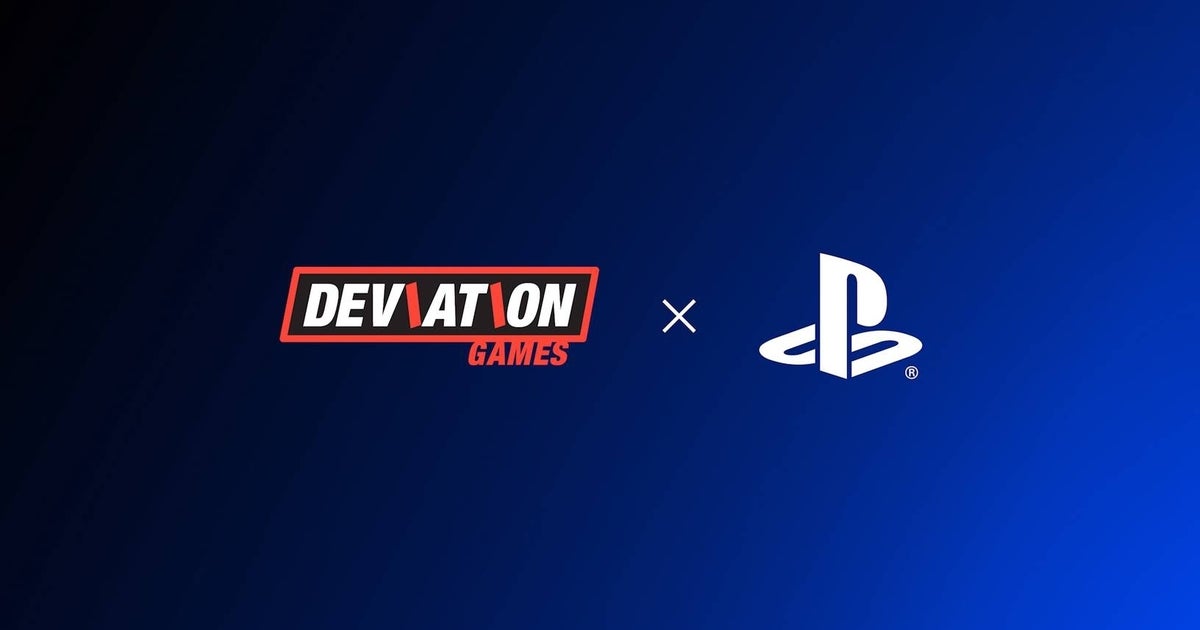Jubenhimer
Member
Recently, Microsoft's gaming division announced yet another massive publisher acquisition. This, time, $70 billion merger with Activision Blizzard, Known for Call of Duty, Crash Bandicoot, and World of Warcraft. While Microsoft promises that mainline Activision franchises like CoD will remain multiplatform, nothing has been garuenteed in regards to dormant or new IP from the company.
Microsoft's moves to acquire large companies is merely one example of how platform holders are building up development networks to build their lineup of games and exclusive content.
With Microsoft, the gaming division now has four publishing entities, Xbox Game Studios, Bethesda Softworks, Activision, and Blizzard Entertainment. Between them, Microsoft has access to more 20+ game studios. More than any major game company.
While Microsoft is gobbling up entire publishers, the other two major platform holders, Sony Interactive Entertainment, and Nintendo have also been making moves of their own to grow in a rapidly changing industry.
Sony has decided to play it safe with expansion, bolstering the PlayStation Studios group with more strategic buys. Housemarque, a long-time partner of Sony, joined the fold following the success of its newest game, Returnal. Beyond that, the new teams brought in were made to fill a specific role within the Sony-owned developer. Valkyrie Entertainment, working as a support studio, FireSprite, serving as a VR team, and Nixxes, which works of ports of PC games. Sony is also patterning with external teams to work on new titles such as Firewall and Haven Studios. While Microsoft is taking the agressive approach, Sony is playing it smart by simply building upon it's existing development network.
That just leaves Nintendo, and it's Entertainment Planning and Development division (EPD). The Switch's success gave Nintendo the resources needed to expand on its already acclaimed exclusive games lineup. But rather than focus on acquisitions, Nintendo is taking the more risky approach by expanding it's existing software production R&D. The company recently began building two new development centers near it's HQ in Kyoto, one near it's Kyoto Research Center, and the other on its main campus. This is to help bring more of the development of its games and franchises internally, rather than outsourcing them to external developers. It also gives Nintendo more teams to work with independent and acquires studios on more games. It's clear Ninty is taking the harder road hoping for a greater return, but it makes sense for a company that built it's entire empire on homemade software.
How do you think these expansions of Sony and Nintendo help them to keep up with Microsoft's agressive efforts?
Microsoft's moves to acquire large companies is merely one example of how platform holders are building up development networks to build their lineup of games and exclusive content.
With Microsoft, the gaming division now has four publishing entities, Xbox Game Studios, Bethesda Softworks, Activision, and Blizzard Entertainment. Between them, Microsoft has access to more 20+ game studios. More than any major game company.
While Microsoft is gobbling up entire publishers, the other two major platform holders, Sony Interactive Entertainment, and Nintendo have also been making moves of their own to grow in a rapidly changing industry.
Sony has decided to play it safe with expansion, bolstering the PlayStation Studios group with more strategic buys. Housemarque, a long-time partner of Sony, joined the fold following the success of its newest game, Returnal. Beyond that, the new teams brought in were made to fill a specific role within the Sony-owned developer. Valkyrie Entertainment, working as a support studio, FireSprite, serving as a VR team, and Nixxes, which works of ports of PC games. Sony is also patterning with external teams to work on new titles such as Firewall and Haven Studios. While Microsoft is taking the agressive approach, Sony is playing it smart by simply building upon it's existing development network.
That just leaves Nintendo, and it's Entertainment Planning and Development division (EPD). The Switch's success gave Nintendo the resources needed to expand on its already acclaimed exclusive games lineup. But rather than focus on acquisitions, Nintendo is taking the more risky approach by expanding it's existing software production R&D. The company recently began building two new development centers near it's HQ in Kyoto, one near it's Kyoto Research Center, and the other on its main campus. This is to help bring more of the development of its games and franchises internally, rather than outsourcing them to external developers. It also gives Nintendo more teams to work with independent and acquires studios on more games. It's clear Ninty is taking the harder road hoping for a greater return, but it makes sense for a company that built it's entire empire on homemade software.
How do you think these expansions of Sony and Nintendo help them to keep up with Microsoft's agressive efforts?






